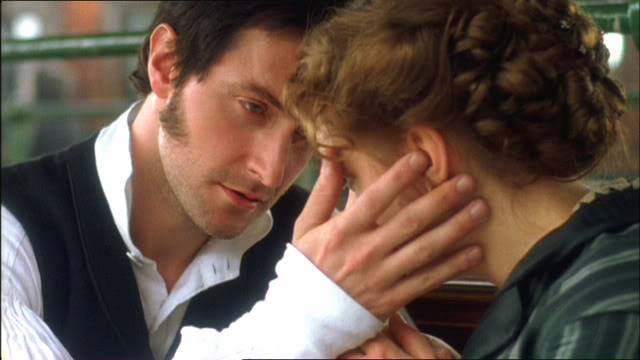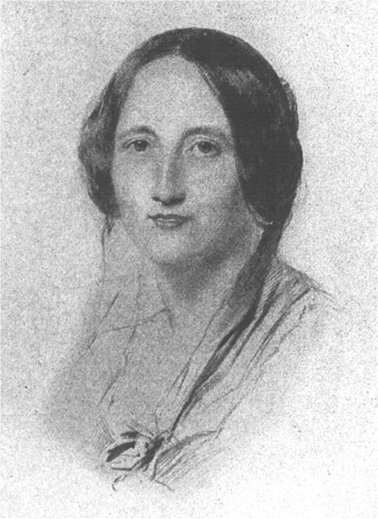 |
| Publisher: PENGUIN CLASSICS |
As relevant now as when it was first published, Elizabeth Gaskell's "North and South" skilfully weaves a compelling love story into a clash between the pursuit of profit and humanitarian ideals. This "Penguin Classics" edition is edited with an introduction by Patricia Ingham. When her father leaves the Church in a crisis of conscience, Margaret Hale is uprooted from her comfortable home in Hampshire to move with her family to the North of England. Initially repulsed by the ugliness of her new surroundings in the industrial town of Milton, Margaret becomes aware of the poverty and suffering of local mill workers and develops a passionate sense of social justice. This is intensified by her tempestuous relationship with the mill-owner and self-made man John Thornton, as their fierce opposition over his treatment of his employees masks a deeper attraction. In "North and South" Gaskell skilfully fused individual feeling with social concern, and in Margaret Hale created one of the most original heroines of Victorian literature. (Description from BookDepository)
North and South was the right book at the right time. I needed this book so desperately without even knowing it and North & South found me (it's always the book that finds the owner, never the contrary). It spoke to me intimately, urged me to go on, never give up, helped me facing deep sorrow, gave me courage and ultimately made me fall in love. It made me fall in love with Margaret, for her love, her passion, her intelligence, her innocence and her willingness to understand more about a world so different from her own as the sun from the moon, her willingness to grow.
It made me fall in love with Mr Thornton, a man made of iron but with the most passionate and noblest heart ever seen in a human being. His immense willpower has been a great inspiration to me. John Thornton is very far from perfection as any man can be, however he strives hard every day of his life for improvement, to become the gentleman that Margaret needs.
"John Thornton" North & South BBC adaptation
And lastly, it made me fall in love with the North and the South, because for all their differences and disagreements they still remain places made of men who have the same goal in life, survive, have a life worth living.
As soon as I reached the last page of North and South I knew that I would pick it up again. To me this is a book that hasn't finished telling its story, the best kind of book.
"John and Margaret" North & South BBC adaptation
-----------------------------------
Trivia
North and South previously appeared in 20 weekly episodes from September 1854 to January 1855 in Household Words, edited by Charles Dickens. During the same period, Dickens dealt with the same theme in Hard Times, also a social novel, published in the same journal from April to August 1854.
Dickens' Hard Times — which shows Manchester in a negative light and satirises it (as Coketown) — challenged Elizabeth Gaskell and complicated the writing of her novel. She had to ascertain, for instance, that Dickens would not write about a strike. Gaskell found the time pressure and technical constraints of serialised fiction particularly trying. She wanted to write 22 episodes, but was "compelled to desperate compression" to limit the story to 20. North and South was not as successful as Hard Times. On 14 October 1854, after six weeks, sales dropped enough that Dickens complained of Gaskell's lack of flexibility (intractability), resisting demands for conciseness. He found the story "wearisome to the last degree". (
Wikipedia)
-----------------------------------------
Elizabeth Gaskell
Elizabeth Cleghorn Gaskell, née Stevenson (29 September 1810 – 12 November 1865), often referred to simply as Mrs Gaskell, was a British novelist and short story writer during the Victorian era. Her novels offer a detailed portrait of the lives of many strata of society, including the very poor, and are of interest to social historians as well as lovers of literature. Gaskell was also the first to write a biography of Charlotte Bronte, The Life of Charlotte Bronte, which was published in 1857. (Wikipedia)
------------------------------------------------
TV Miniseries
North & South is a BBC miniseries based on the 1855 Victorian novel North and South by Elizabeth Gaskell. It was originally broadcast in four episodes on BBC One in November and December 2004.
Cast
- Daniela Denby-Ashe
- Margaret Hale
- Richard Armitage
- John Thornton
- Sinead Cusack
- Hannah Thornton
- Lesley Manville
- Maria Hale
- Tim Pigott-Smith
- Richard Hale
- Pauline Quirke
- Dixon
- Brendan Coyle
- Nicholas Higgins




















